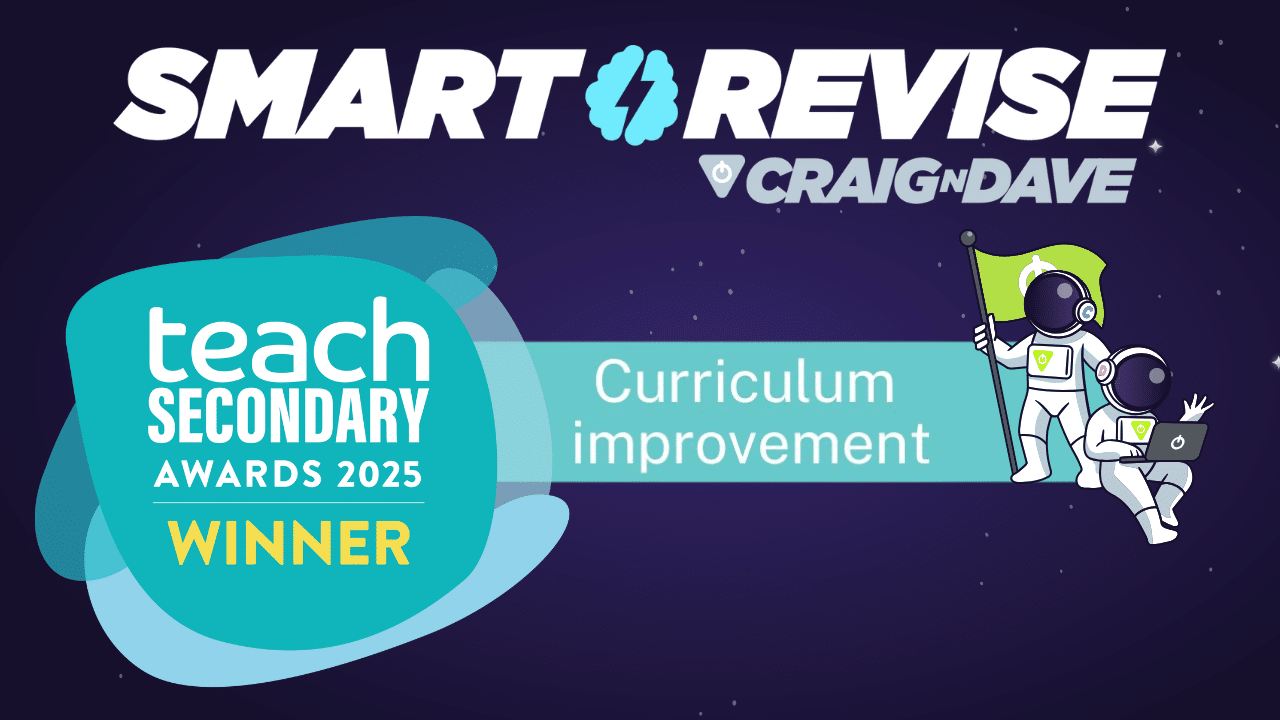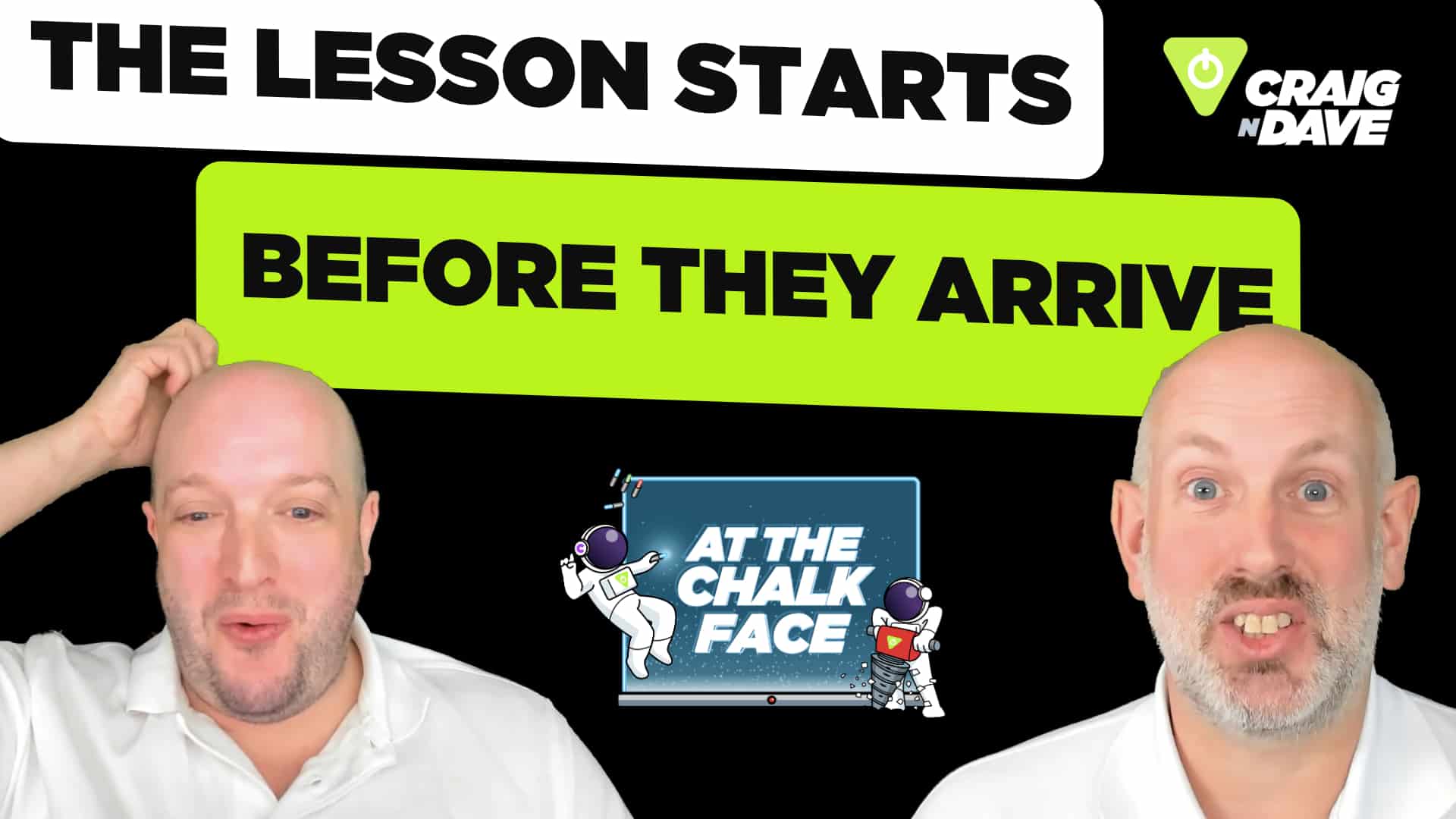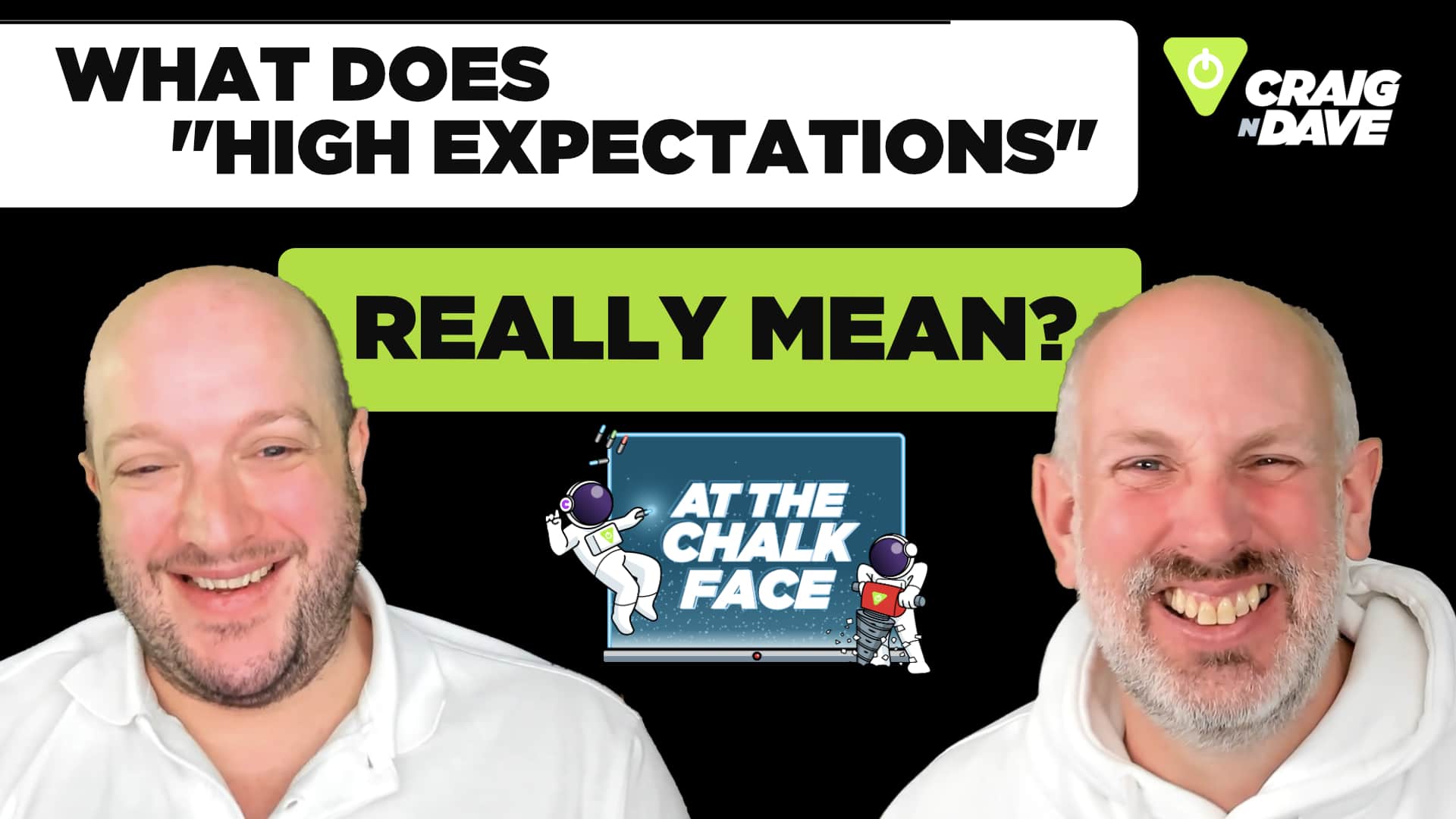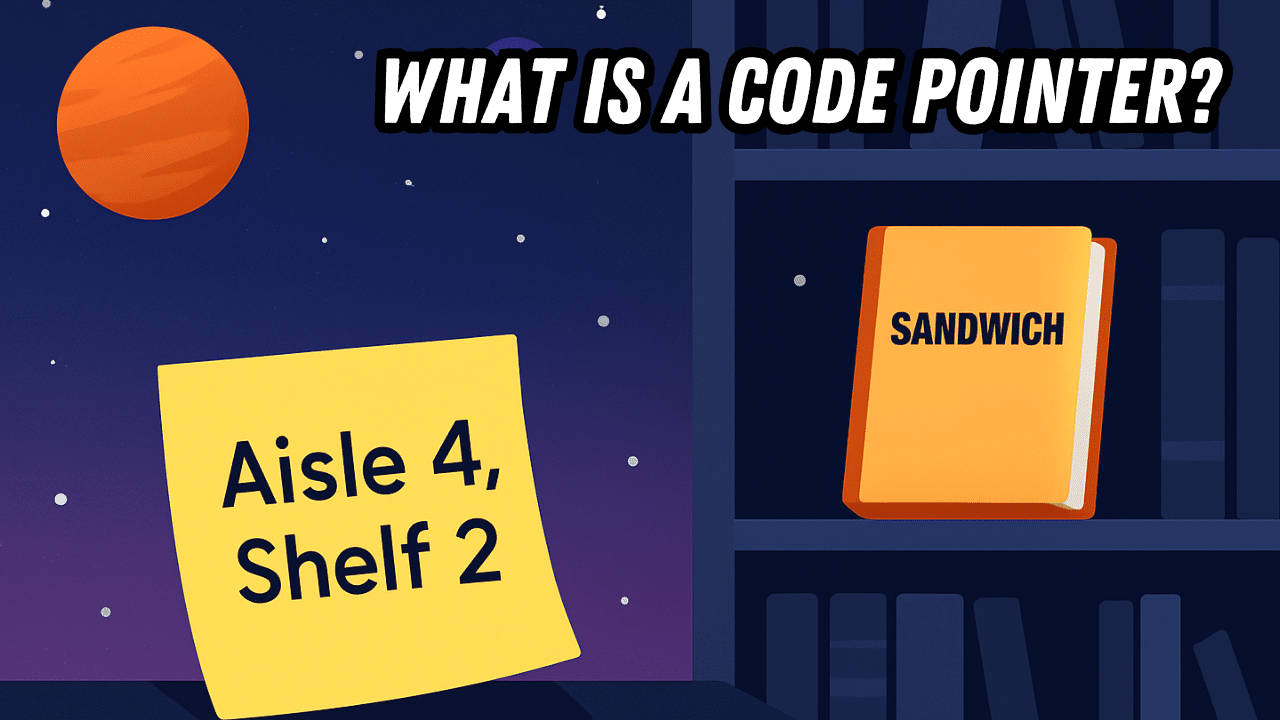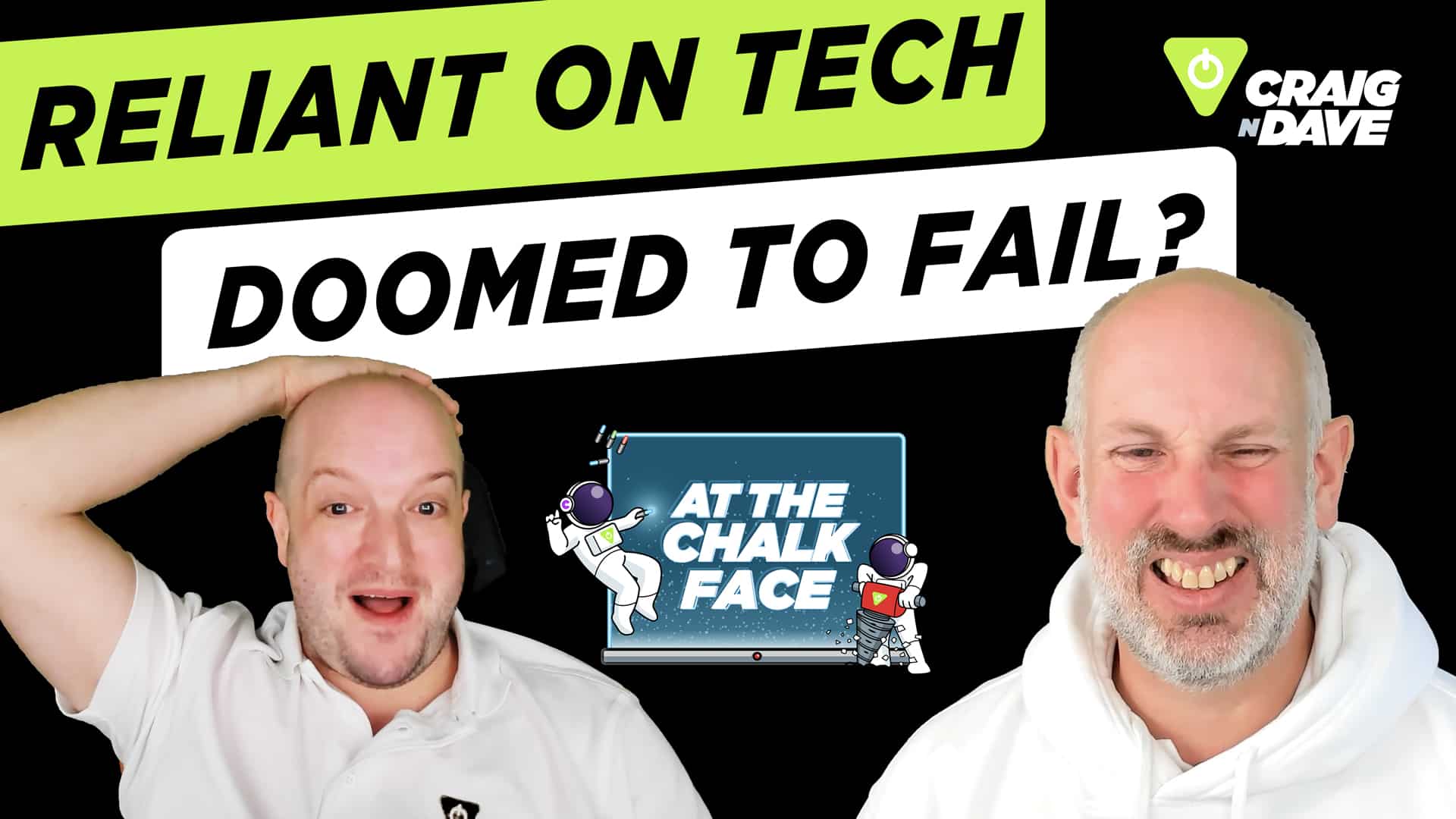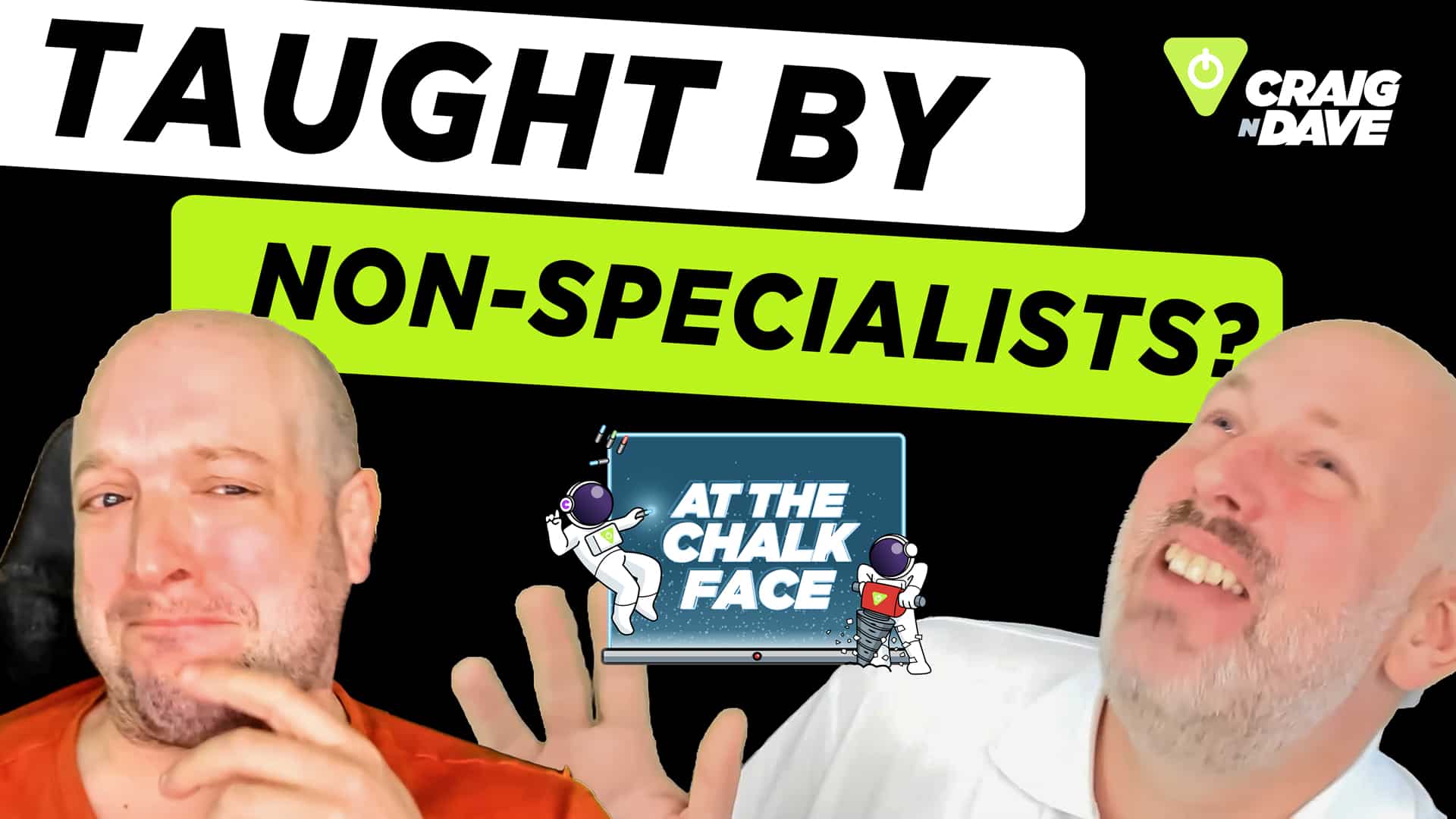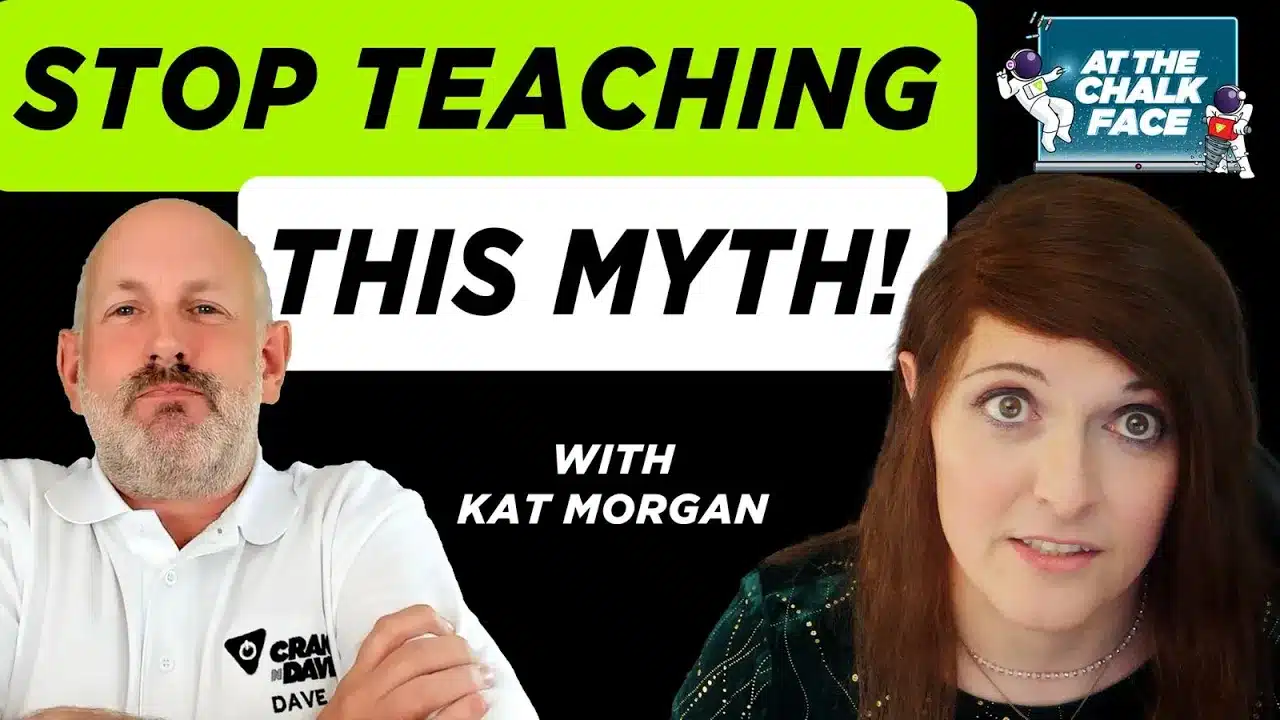
1 September 2025
The concept of learning styles—the idea that individuals learn better when taught in their preferred sensory modality (e.g., visual, auditory, kinesthetic)—has been widely popular in education. However, despite its appeal, the theory has been largely debunked by empirical research. Here’s a breakdown of the origins, popularity, and scientific critique:
Origins and Popularity
- Early Theories: The idea of learning styles can be traced back to educational psychology in the 20th century. One of the most influential models was the VARK model (Visual, Auditory, Reading/Writing, Kinesthetic), developed by Neil Fleming in the 1990s.
- Appeal: It resonated with educators and learners because it emphasised personalisation and seemed intuitive—people often feel they have a preferred way of learning.
Scientific Research and Debunking
- Key Issue: The central claim is that matching teaching styles to a student’s preferred learning style improves learning outcomes. This is known as the “meshing hypothesis.”
- Major Review: In 2008, a comprehensive review by Pashler et al. in Psychological Science in the Public Interest concluded that: There is no adequate evidence base to justify incorporating learning styles assessments into general educational practice.”
Findings
- Studies that properly tested the meshing hypothesis (i.e., using randomised controlled trials and measuring actual learning outcomes) did not find support for it.
- People may have preferences, but teaching to those preferences does not improve learning.
- Content matters more: The best modality often depends on the subject matter (e.g., diagrams for geometry, audio for music), not the learner.
What Actually Works
- Cognitive science supports strategies like:
- Spaced repetition
- Retrieval practice
- Interleaving (mixing different topics or skills)
- Dual coding (combining words and visuals)
- These methods are evidence-based and improve learning across the board, regardless of “style.”
Why It Still Persists
- Confirmation bias: People remember when their preferred style seemed to help.
- Commercial interests: Many companies sell learning style assessments and training.
- Intuitive appeal: It feels personalised and empowering, even if it’s not effective.
Want to know more? Watch the full video on our YouTube channel – At the chalk face.
For more educational news, check out the At the Chalk Face YouTube playlist HERE.
Visit our website to explore more cutting-edge tech-transforming news in the computer science world!



